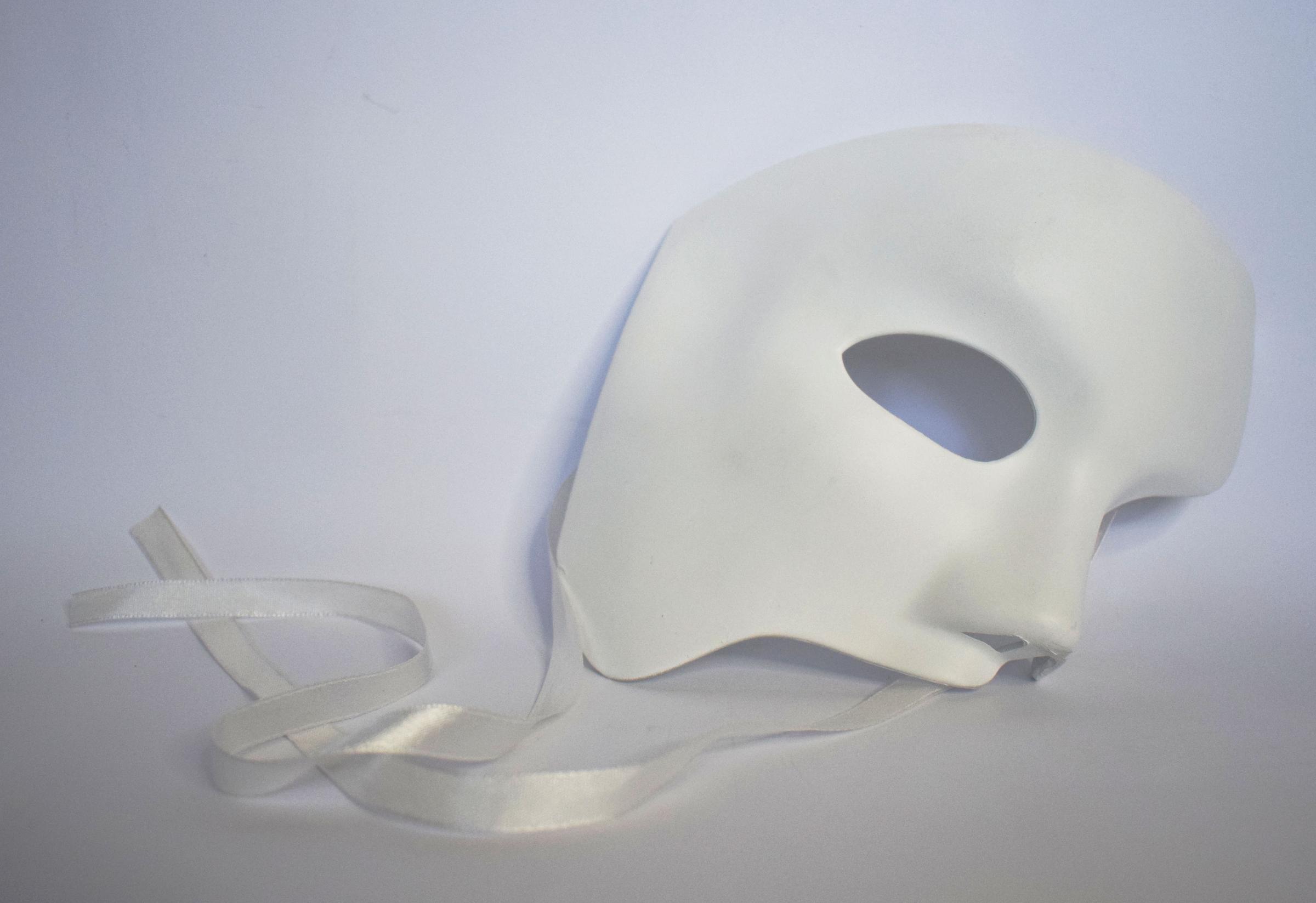Drama

Purpose and Structure
The study of Drama focuses on the development of expressive skills within dramatic structures and the development and performance of imagined characters. This is achieved through the refinement of skills, techniques and processes in the creation and presentation of dramatic works and through an understanding and use of a range of content, application of stagecraft elements and the analysis of the development and performance of dramatic works. Drama also provides students with the opportunity to examine and explore ways in which drama gives form to, and makes meaning of, a range of social, political, cultural and historical contexts.
Unit 1: Dramatic Storytelling
In this unit the focus is on creating, presenting and analysing a devised performance that includes real or imagined characters, based on personal, cultural or community experiences and stories. Students examine storytelling through the creation of solo and/or ensemble performances and manipulate expressive skills in the creation and presentation of characters. They develop an awareness and understanding of how characters are portrayed in naturalistic and non-naturalistic performance styles. Students also gain an awareness of how performance is shaped and given meaning.
Unit 2: How is inheritance explained?
Here, the focus is on the use and documentation of processes involved in constructing a devised ensemble performance. Students create, present and analyse a performance based on a person, an event, an issue, a place, an artwork, a text and/or an icon from a contemporary or historical Australian context. Students use a range of stimulus material in creating performance and examine performance styles from a range of cultural and historical contexts. Theatrical conventions appropriate to the selected performance styles are also explored. This unit also involves analysis of a students’ own performance work and an Australian work by professional Drama practitioners.
Unit 3: Ensemble Performance
This unit focuses on non-naturalistic drama from a diverse range of areas. Non-naturalistic performance styles and associated conventions are explored in the development of ensemble performance. The processes involved in the development and realisation of the ensemble performance are developed and evaluated. A non-naturalistic work selected from the prescribed playlist will also be analysed.
Unit 4: Solo Performance
This unit focuses on the use of stimulus material and resources from a variety of sources to create and develop characters within a solo performance. Students develop and complete two solo performances. For a short solo performance, they develop practical skills of researching, creating, presenting, documenting and analysing solo performance work. In the development of a second solo performance, they devise, rehearse, and perform an extended solo performance in response to a prescribed structure published by the VCAA.
